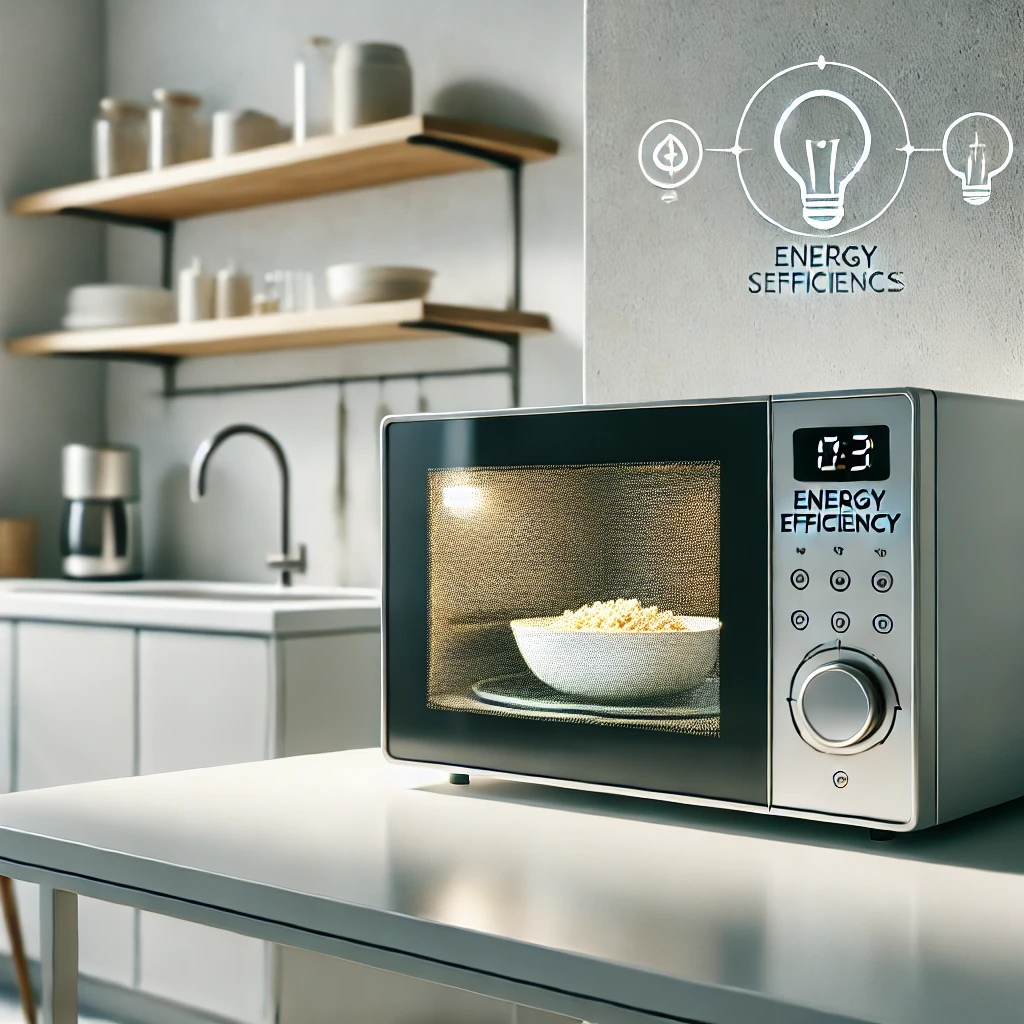
How Much Does It Cost To Use The Microwave
The microwave is a staple appliance in most kitchens, known for its speed and convenience. But how much does it cost to use a microwave, and is it cheaper than other cooking appliances? Let’s explore energy consumption, typical usage costs, and money-saving tips to help you use your microwave efficiently.
1. Understanding Microwave Energy Consumption
Microwaves heat food using electromagnetic waves, targeting water molecules inside the food to generate heat. This process is highly efficient, using less energy than traditional ovens.
Average Microwave Power Ratings:
- Low Power Setting: 600 watts (0.6 kW)
- Medium Power Setting: 800 watts (0.8 kW)
- High Power Setting: 1,200 watts (1.2 kW)
2. How to Calculate the Cost of Using a Microwave
To estimate the cost of using a microwave, use this formula:
Cost = Power (kW) × Time (hours) × Electricity Rate (£ per kWh)
Example Calculation:
- Microwave Power: 0.8 kW (800 watts)
- Usage Time: 5 minutes (0.083 hours)
- Electricity Rate: £0.30 per kWh
Cost = 0.8 × 0.083 × £0.30 = £0.02 per use
So, heating food for 5 minutes costs approximately £0.02, making the microwave one of the cheapest cooking appliances.
3. Average Cost for Common Microwave Tasks
Here’s how much it typically costs to perform common cooking tasks with a microwave:
Task | Power (kW) | Time (minutes) | Estimated Cost |
Reheating leftovers | 0.8 kW | 3–5 mins | £0.02–£0.03 |
Cooking frozen meals | 1.2 kW | 8–10 mins | £0.05–£0.06 |
Defrosting meat | 0.6 kW | 10–15 mins | £0.03–£0.05 |
Heating water for tea | 1.2 kW | 2–3 mins | £0.01–£0.02 |
4. Comparing Microwave Costs to Other Appliances
To see how the microwave stacks up against other appliances, here’s a quick comparison:
Appliance | Average Power | Typical Cost per Use |
Microwave | 0.8–1.2 kW | £0.02–£0.06 |
Air Fryer | 1.2–2.0 kW | £0.10–£0.20 |
Electric Oven | 2.0–5.0 kW | £0.50–£1.50 |
Slow Cooker | 0.2–0.3 kW | £0.15–£0.30 (4–8 hrs) |
Key Insight: The microwave is cheaper to run for short, high-intensity tasks, while appliances like slow cookers may be more cost-effective for long cooking times.
5. Tips to Save Money When Using a Microwave
A. Use the Right Power Setting
Use lower power for defrosting and high power for cooking or reheating to reduce energy use.
B. Cover Your Food
Covering food with a microwave-safe lid or wrap helps trap steam, reducing cooking time and saving energy.
C. Avoid Overcooking
Set the correct timer to avoid unnecessary energy use. Stop the microwave when food is done.
D. Cook in Batches
If reheating or cooking multiple items, do them back-to-back to take advantage of residual heat.
E. Clean the Microwave Regularly
A clean microwave operates more efficiently, heating food faster and using less energy.
6. Environmental Impact
Using a microwave has a lower environmental impact compared to energy-hungry appliances like electric ovens. Since microwaves cook food quickly, they use less electricity, resulting in reduced energy consumption and a smaller carbon footprint.
Conclusion
Microwaves are among the cheapest kitchen appliances to use, with typical usage costs ranging from £0.02 to £0.06 per use. They are ideal for reheating, defrosting, and cooking small portions quickly and efficiently. By following energy-saving tips and using the microwave correctly, you can keep your electricity bills low while enjoying hot, delicious meals.

